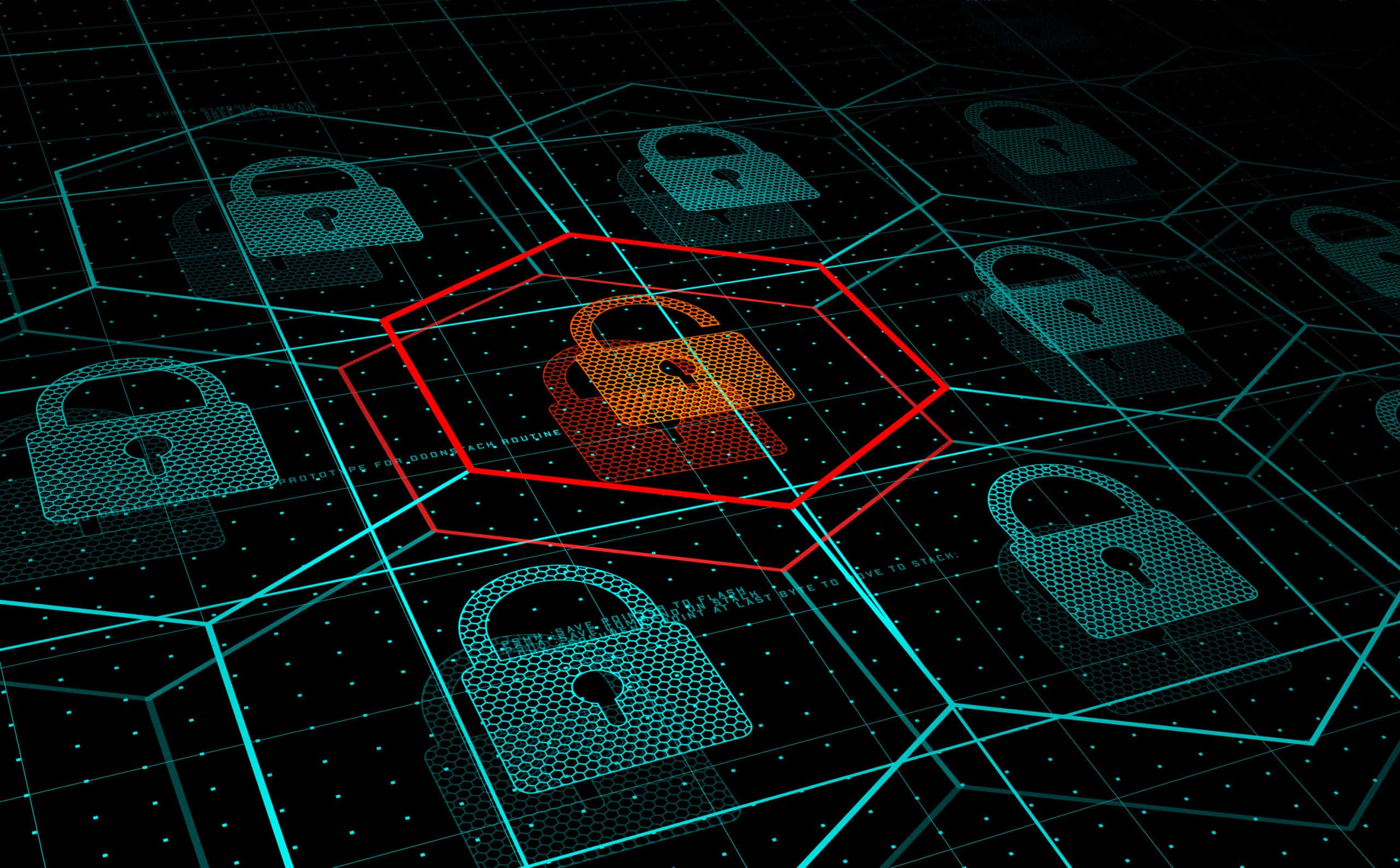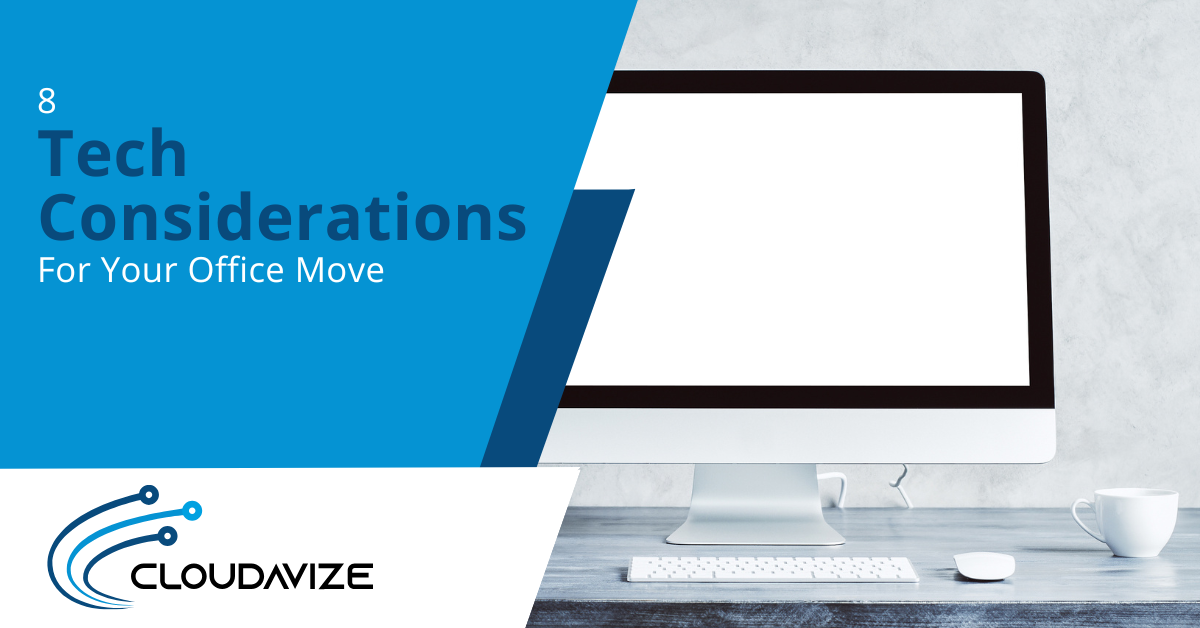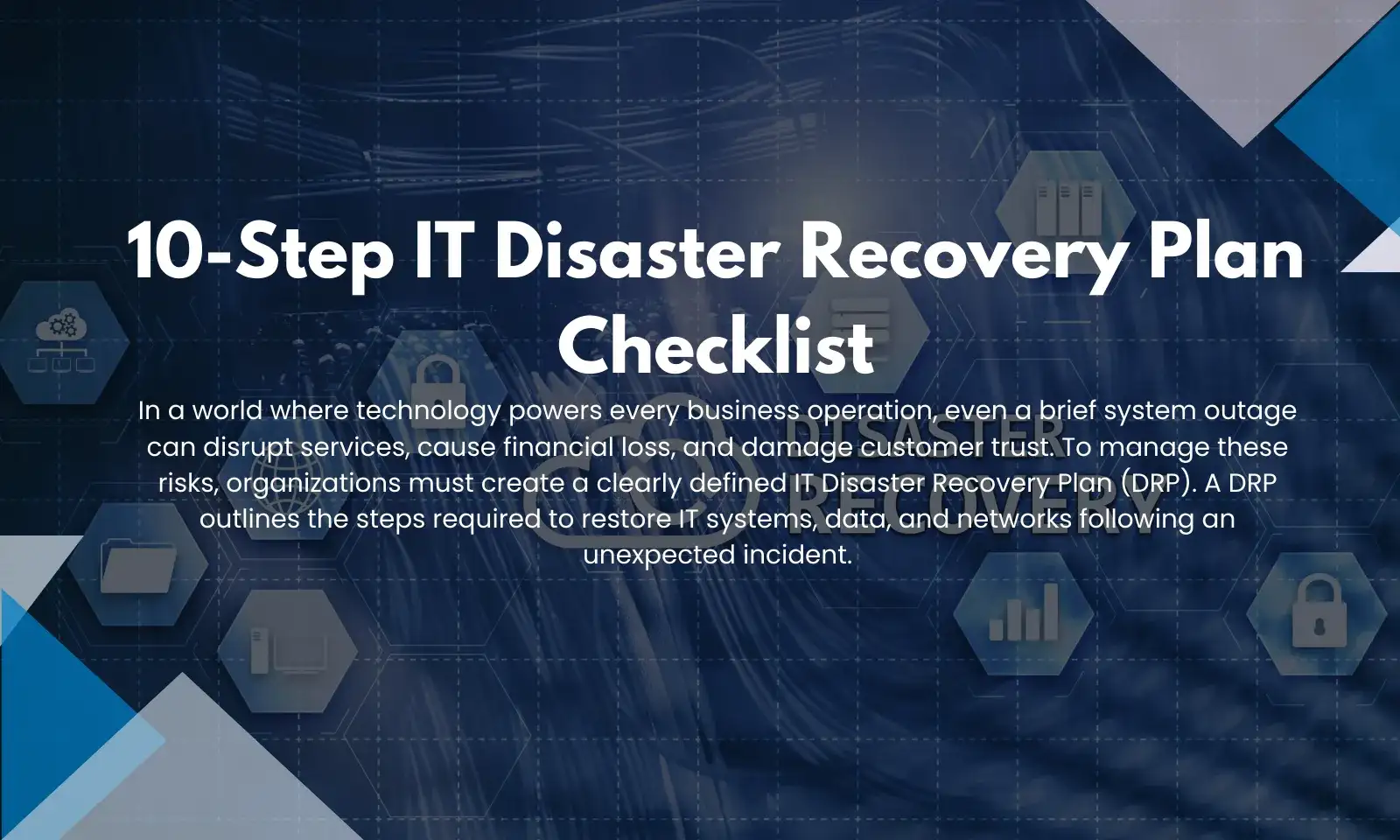As many people have realized while working from home during the pandemic, hackers can attack no matter where you are.
Since the pandemic began, the FBI has seen a 400% increase in the number of reported online crimes. Hackers and phishing scammers have been taking advantage of the fact that most data is being transmitted through home networks, meaning typically less security.
The need to put personal cybersecurity practices in place has never been higher. They serve a two-fold purpose:
- To protect business data that telecommuting employees are accessing from home
- To protect your own sensitive data (bank account, credit card number, etc.) from being compromised
The prevalence of online threats has also made personal cybersecurity a necessity every day (not just during a pandemic).
In 2019, $3.5 billion was lost to cybercrime by U.S. individuals and businesses.
Following, are some essentials tips for personal cybersecurity that can protect both your personal information and that of your company from a data breach.
Table of Contents
Personal IT Security Best Practices to Adopt to Stay Safe
Personal IT safety rules are just as important as others, like looking both ways before you cross the street. So much of our information is now in digital format that a thief can often break into your mobile banking app just as easily as your home if it’s left unprotected.
Here are some of the most critical personal cybersecurity tips to use every day to stay protected online.
Keep Your Devices (All of Them) Updated
A majority of data breaches involve a hacker exploiting a known software vulnerability, one that has had a patch issued to stop it, but that users don’t download and install.
It’s important that you keep all your devices properly updated as those updates are issued. They often include vital security patches as well as other software enhancements.
By “all of them,” we mean go beyond just updating your computer. Here are the common home devices that need to be regularly updated to protect your entire network:
- Computers and laptops
- Tablets and smartphones
- Router
- IoT devices (Alexa speakers, doorbell cameras, etc.)
Use Multi-Factor Authentication & Strong Passwords
The combination of using strong passwords and multi-factor authentication can help you avoid account breaches. Often username/password combinations (which are typically reused) can be compromised in a large retailer breach, and it can be months before you’re made aware your details have been exposed.
Credential theft is a popular cybercrime. Microsoft states that it sees approximately 300 million fraudulent sign-in attempts on its services every single day.
The company also says that using multi-factor authentication (also known as two-factor authentication) stops 99.9% of credential hacks.
Have a Strong Antivirus/Anti-Malware on Your Devices
Whether you have Windows and Android or Mac and iOS, it’s important that your computer and mobile devices are protected with a strong antivirus/anti-malware program.
People don’t always think to add an antivirus to their mobile devices, but they are just as susceptible to being hit with ransomware or other malware through a malicious link or dangerous app.
Educate Yourself on How to Avoid Phishing Attacks
Phishing is responsible for the majority of cybercrime incidents. Scammers send an email that looks like it’s from Amazon or from a trusted friend, but inside it has a link to a malicious site or form designed to steal your credentials.
Often these things are automated, so once you click a link or login to a fake sign-in form malware is released in seconds.
It’s important to know the ways to spot a phishing attack as well as keep yourself abreast of the new types of scams happening (such as all those COVID-19 scams happening right now).
Some of the telltale ways to avoid becoming a phishing victim are:
- Hover over links (buttons, text links, etc.) before clicking to see the real URL
- Question any email that is not expected (even if from someone you know)
- View the email message header source code to reveal the sending email address (Don’t assume the “from” address is real)
- Carefully scan the email for any slight misspellings that may be hidden
- Get a second opinion if unsure about any emails before taking action
Practice Good Mobile App Security
We’ve gotten to a point where more Google searches are done from mobile devices than they are from desktop computers. Make sure you’re properly protecting your mobile device, which often has access to mobile wallet and online banking apps.
Use protections like screen locks, remote location apps (find my phone), and only install apps from trusted sources.
Secure Connections with a VPN
Mobile devices often connect to unsecure hotspots as their owners are going from place to place. And while home routers are more secure, they have less security than a business-grade router.
You can secure your connections no matter what type of network you’re on through the use of a virtual private network (VPN). This adds an encrypted layer between you and your internet connection that protects from data from being compromised in “man-in-the-middle” attacks, where a hacker on the same network intercepts your online session.
How Secure is Your Remote Home Office?
Cloudavize can help employees of Dallas-Fort Worth businesses ensure their personal and work data is being securely protected while they’re working remotely (or anytime).
Contact Cloudavize today for a free consultation.



